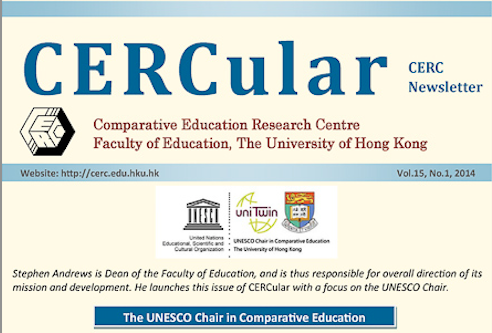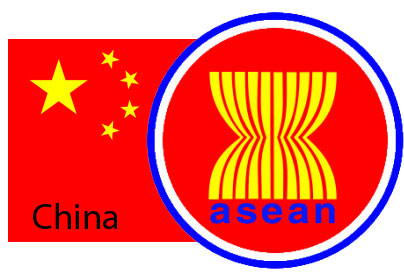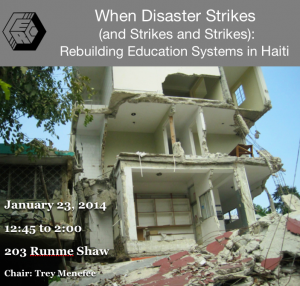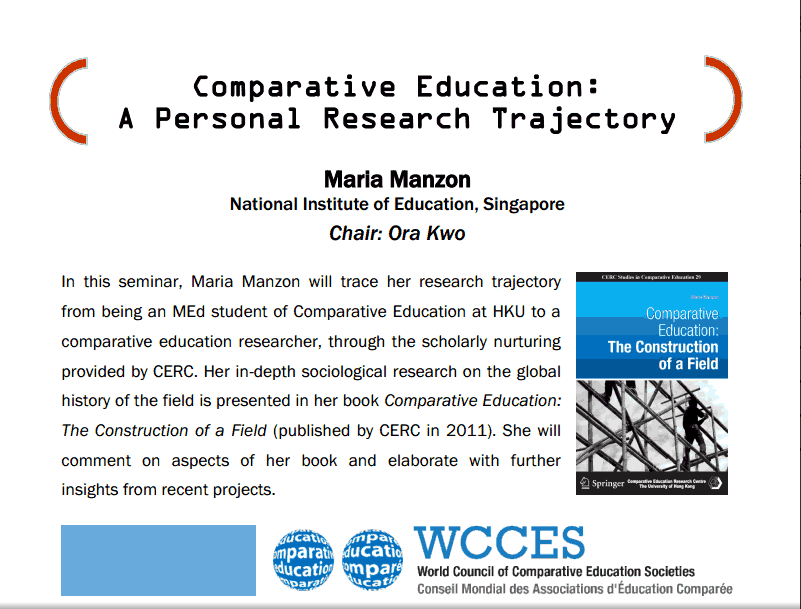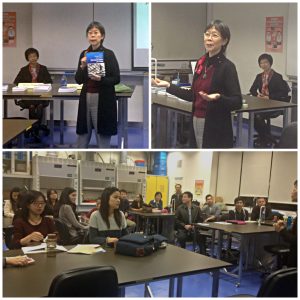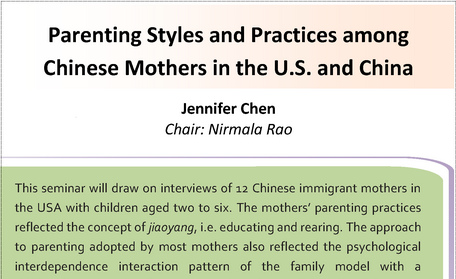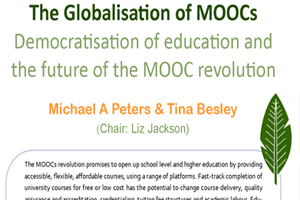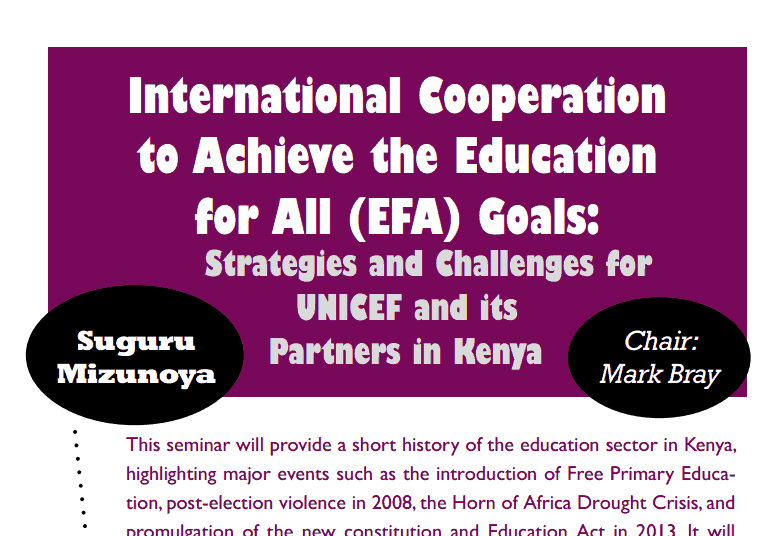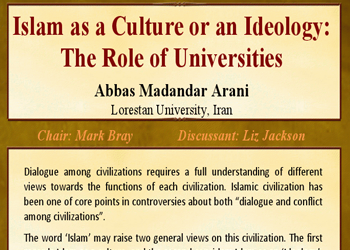12:45 – 2:00
October 22, 2013
206 Runme Shaw Building, HKU Main Campus
Speakers: Michael A Peters & Tina Besley
Chair: Liz Jackson
The MOOCs revolution promises to open up school level and higher education by providing accessible, flexible, affordable courses, using a range of platforms. Fast-track completion of university courses for free or low cost has the potential to change course delivery, quality assurance and accreditation, credentialing, tuition fee structures and academic labour. Educational institutions need to learn from these initiatives’ new business, financial and reve- nue models to meet the needs of learners in an open marketplace. Open education brings opportunities for innovation and exploration of new learning models and practices. We need to understand the threats of the monopolization of knowledge and privatization of higher education together with the prospects and promise of forms of openness (open source, open access, open education, open science, open management) that promote creative labour and the democratization of knowledge. Policy makers need to embrace open- ness and make education affordable and accessible and also profitable for institutions in an open higher education ecosystem.
Michael A. Peters Professor of Education at the University of Waikato and Emeritus Professor at the University of Illinois is the executive editor of Educational Philosophy and Theory and editor of two international journals, Policy Futures in Education and E-Learning and Digital Media. His interests are in education, philosophy and social policy, and he has written over 60 books.
Tina Besley Professor of Education and Director of the Centre for Global Studies in Education, University of Waikato, recently returned to New Zealand after 11 years in UK & US universities. She has published widely in philosophy of education, educational policy, subjectivity, youth studies, interculturalism, and the global knowledge economy.



